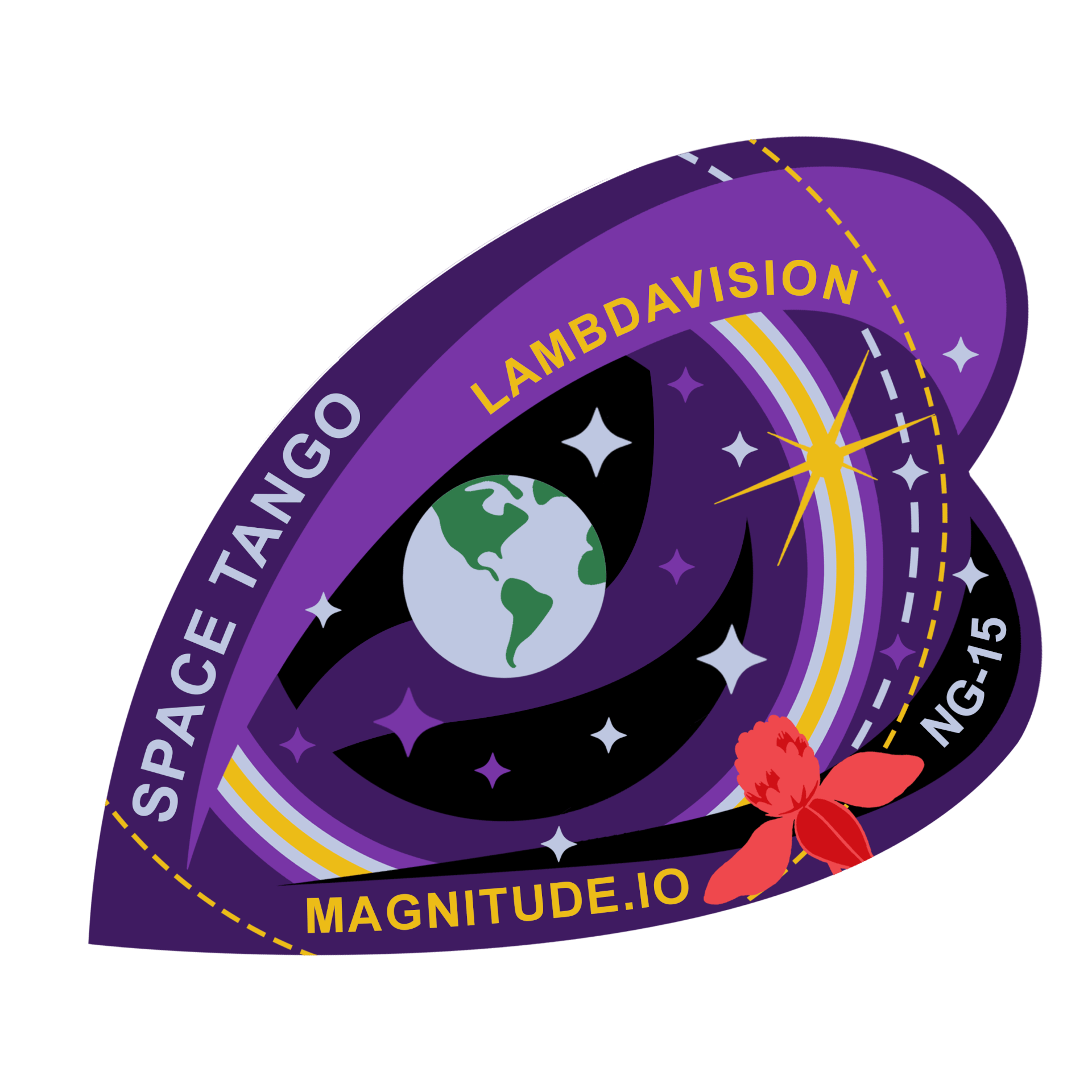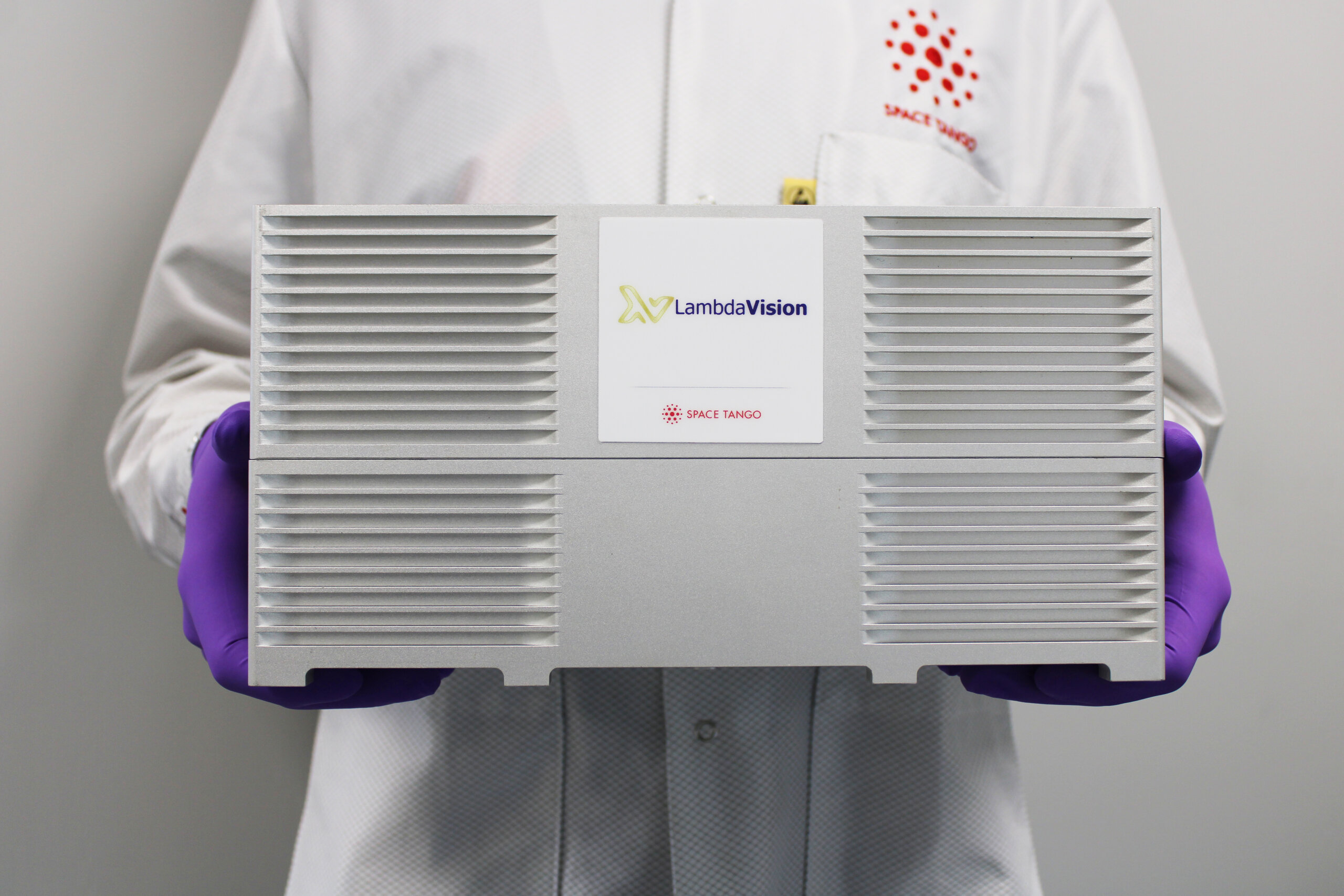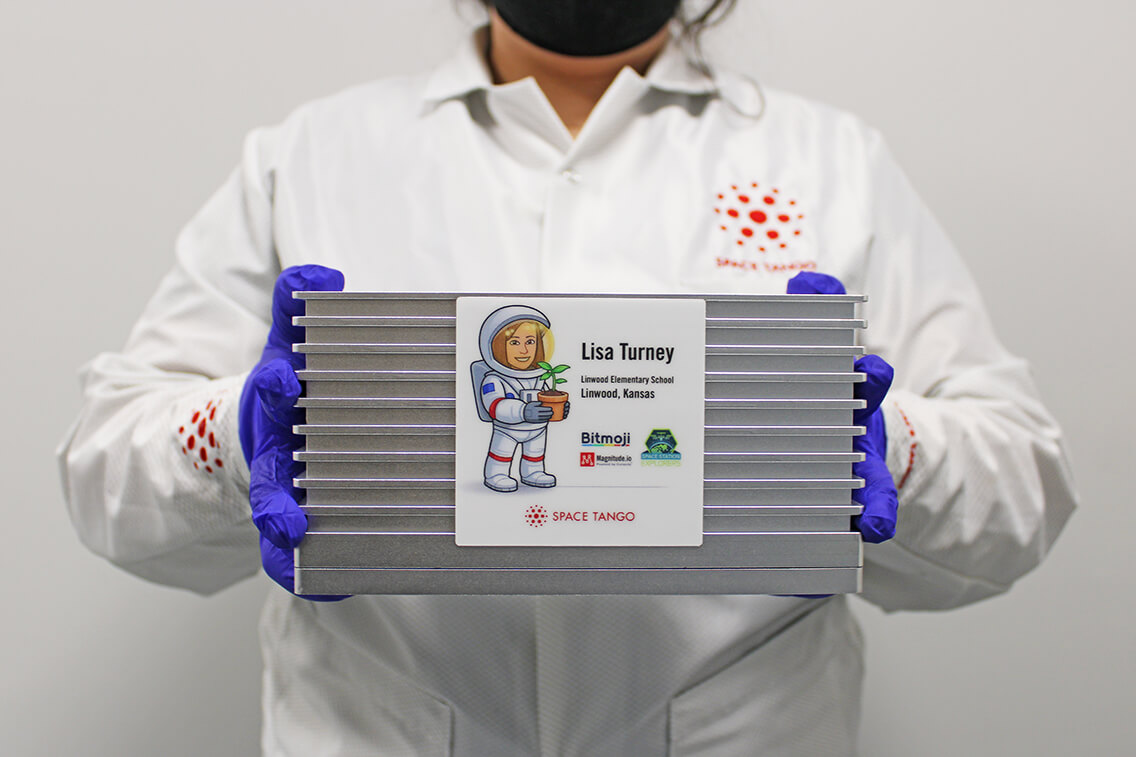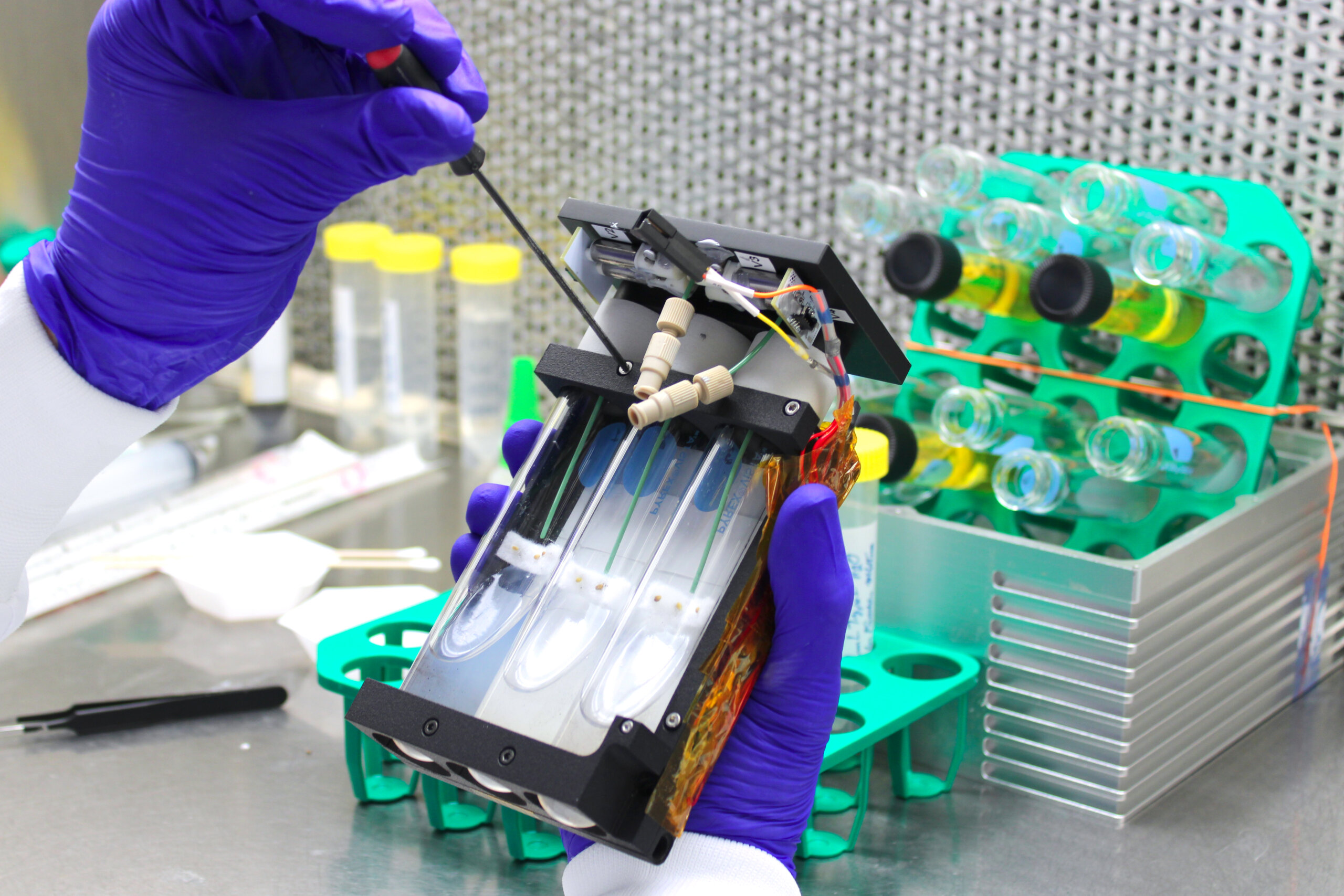
We use cookies to ensure that we give you the best experience on our website. If you continue to use this site we will assume that you are happy with it.
Ok ✕

This Protein-Based Artificial Retina Manufacturing investigation will demonstrate the feasibility of manufacturing a pilot-scale protein-polymer-based layer-by-layer deposition process to develop artificial retinas in low-Earth orbit. During this flight, the LambdaVision-Space Tango partnership will collect data to optimize processes for science, automated hardware, and a regulatory process that will establish a baseline for future biomedical applications for in-space manufacturing.
LambdaVision and Space Tango’s goal is to leverage microgravity to improve upon layer-by-layer deposition to produce the first protein-based artificial retina to restore meaningful vision for patients who are blind or have lost significant sight due to advanced retinal degenerative diseases, including retinitis pigmentosa (RP) and age-related macular degeneration (AMD).
Why microgravity?
The microgravity environment of space can improve the homogeneity and performance of the artificial retina technology compared to prototypes produced on Earth. Microgravity production paradigms have been shown to enhance the three-dimensional assembly of thin films due to decreased solute aggregation, a reduction of intralayer defects, efficient binding between layers, and an increase in the optical clarity of the films.

Symbiotic Leguminous Nitrogen Fixation investigates how microgravity affects the red clover (Trifolium pratense) plant in the early stages of growth and development in a 4U CubeLab. Space Tango’s program scientists load test tubes with red clover seeds that have been introduced to their symbiotic bacterial species, Rhizobium leguminosarum, and planted in a soil alternative known as agar. Once installed on the ISS and powered, a growth lighting cycle will be activated. Images and sensor data are collected at regular intervals. Space Tango Mission Operations will simultaneously collect image and sensor data such as temperature, humidity, and CO2 concentrations that are monitored throughout the duration of the investigation.
Why red clover?
This plant species is a type of flowering plant in the Fabaceae bean family that forms a symbiotic, or mutually beneficial, relationship with a bacteria known as Rhizobium leguminosarum. This bacteria also belongs to a classification group of bacteria known as diazotrophs because it is capable of fixing atmospheric nitrogen into biologically available forms of ammonia – a necessary process to naturally develop fertilizer for sustainable plant growth. In other words, the relationship between Rhizobium leguminosarum and red clover makes their growth beneficial to agriculture as a natural fertilizer. To best understand their relationship, and how microgravity may impact their symbiotic processes, this investigation will particularly focus on the possible development of nodules on the roots. These nodules can take gaseous nitrogen and convert it into nitrogenous compounds that may be used as fertilizer.
Why microgravity?While this study can improve our understanding of legume-associated biological nitrogen fixation and improve our agricultural practices on Earth, it may also allow us to identify new possibilities for renewable and sustainable sources of nitrogen in space. This is an important precursor as humanity continues to explore the possibility of living in space for extended periods of time.

